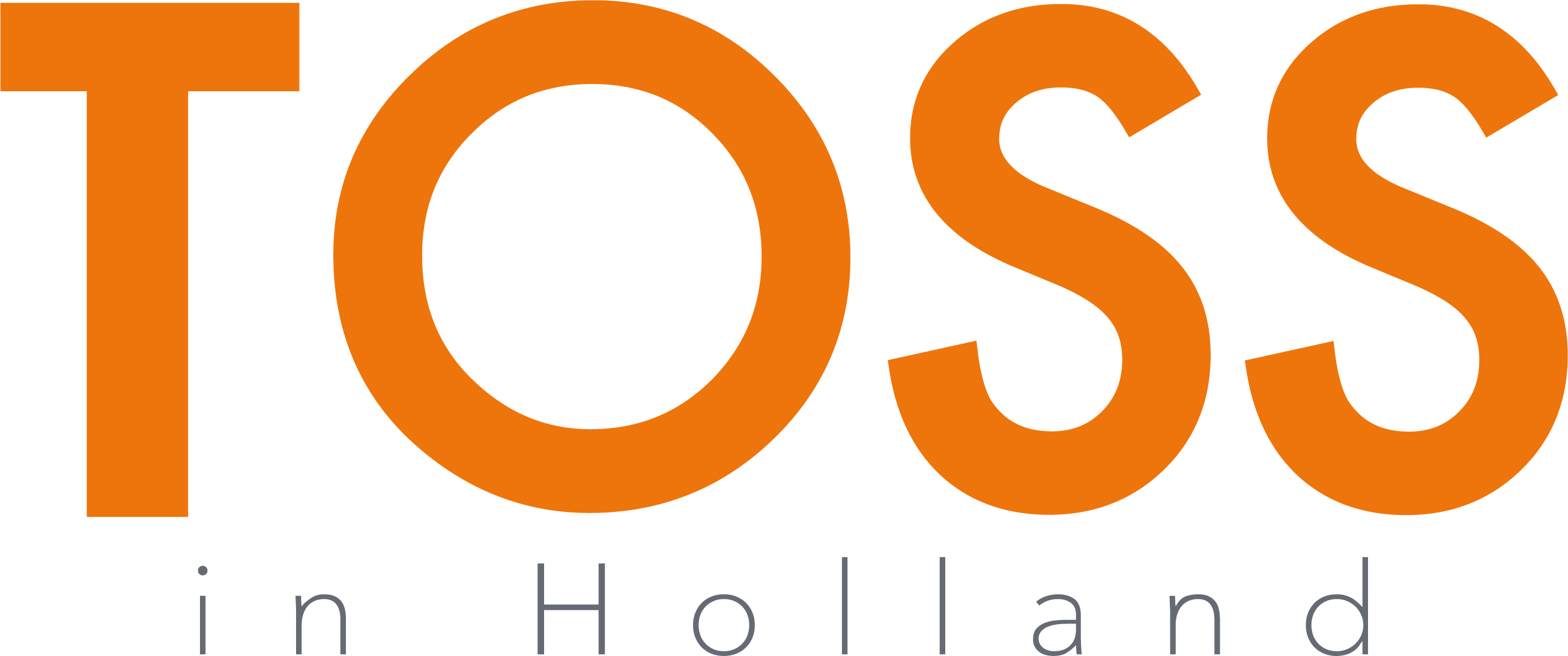Changes to the IND, Minimum wage and the 30% Ruling as of 2022
The new year brings new changes in rules and laws. Do you know what will change for you in 2022 if you work, or want to work, in the Netherlands? As of January 1st, 2022, a number of important things will change, such as the minimum wage, the 30% ruling salary requirements and the NBBU collective labor agreement. Curious about what this means for you? Read on below.
Minimum wage as of 2022
The Netherlands has a Statutory Minimum Wage, which is the lowest amount an employer may pay as wages. The statutory minimum wage was introduced to prevent employers from underpaying you. The minimum wage is linked to your age: the older you are, the higher the minimum wage, up to the age of 21. On January 1st, 2022, the gross minimum wage will increase by 1.412%. The table below shows the new amounts.
| The minimum wage per month, week, day and hour as of January 1st, 2022 | ||||
| Age | Per month | Per week | Per day | Per hour* |
| 21 years and older | €1,725.00 | €398.10 | €79.62 | €9.96 |
| 20 years | €1,380.00 | €318.50 | €63.70 | €7.96 |
| 19 years | €1,035.00 | €238.85 | €47.77 | €5.98 |
| 18 years | €862.50 | €199.05 | €39.81 | €4.98 |
| 17 years | €681.40 | €157.25 | €31.45 | €3.94 |
| 16 years | €595.15 | €137.35 | €27.47 | €3.44 |
| 15 years | €517.50 | €119.45 | €23.89 | €2.99 |
*Based on a 40-hour workweek.
IND
The Immigration and Naturalization Service (IND) implements immigration policy in the Netherlands. This organization handles all residence applications of people who want to live in the Netherlands or who want to obtain the Dutch nationality. As of January 1st, 2022, a new civic integration law will apply, namely the Civic Integration Act of 2021. This law gives Dutch municipalities a larger role in the integration process. The aim of this is that everyone who has to integrate, can participate in Dutch society as soon as possible.
The main changes are:
- The Dutch municipalities play a larger role in the integration process and guide the people who are integrating;
- The intakes are becoming broader. The municipality draws up a personal Civic Integration and Participation Plan for each person and also advises suitable educational institutions;
- Everyone who integrates is obligated to learn the Dutch language to a level at which they can manage day-to-day life in the Netherlands;
- Learning the language and participating in society are combined and are important elements. This can be completed through internships or (voluntary) work.
The new learning routes:
- The B1 route: You speak and write the Dutch language at level B1 within three years;
- The education route: You obtain a school certificate as quickly as possible;
- The self-sufficiency route: This is a separate route, for when the B1 and education routes are not feasible.
30% Ruling
Are you coming from abroad to work in the Netherlands? In that case, you do not have to pay tax on 30% of your salary. With this, the Dutch government will compensate you for the extra costs you incur to work in the Netherlands, such as travel and accommodation costs.
In order to apply for the 30% Ruling, you must meet some requirements. An important requirement is that you have an expertise that is scarce on the Dutch labor market. The Tax Authorities assume that you have this expertise if you earn a certain salary. This salary is indexed annually.
The provisional salary requirements for the 30% Ruling for 2022 are:
- The taxable salary for an employee must exceed €39,647 on an annual basis, in 2021 this was €38,961;
- The taxable salary for an employee who has a master’s degree and is under 30 years of age must be more than €30,001 on an annual basis, in 2021 this was €29,616.
In short, a number of important things will change as of January 1st, 2022. It is important to be well informed about this if you work or want to work in the Netherlands.
Are you also aware of the following changes?
- Changes in the NBBU cla
- Changes to user company remuneration
- Changes in pension
Do you have any questions left? Contact us!














